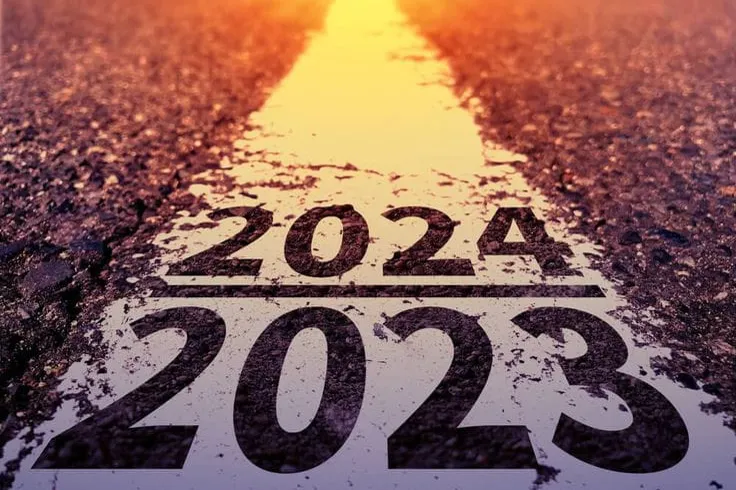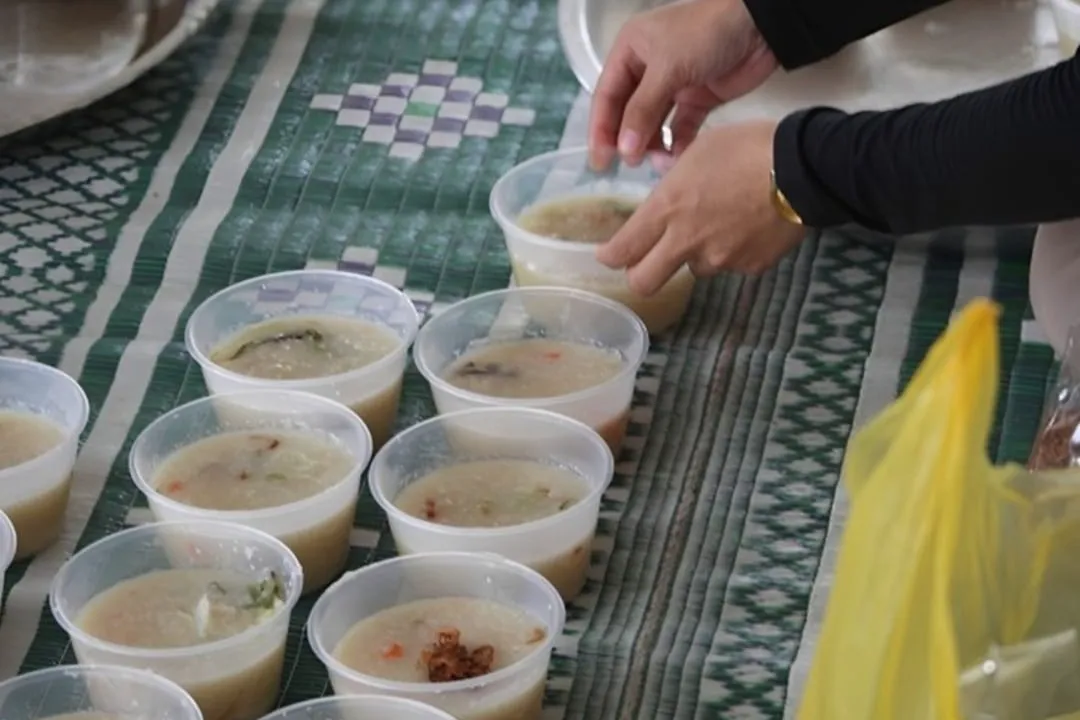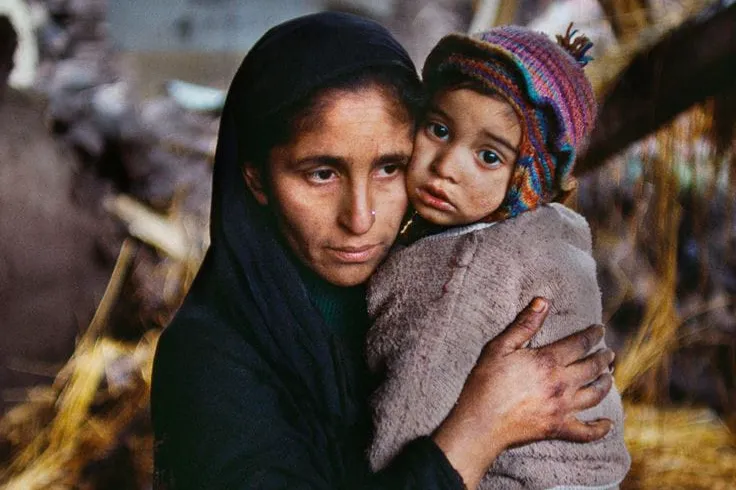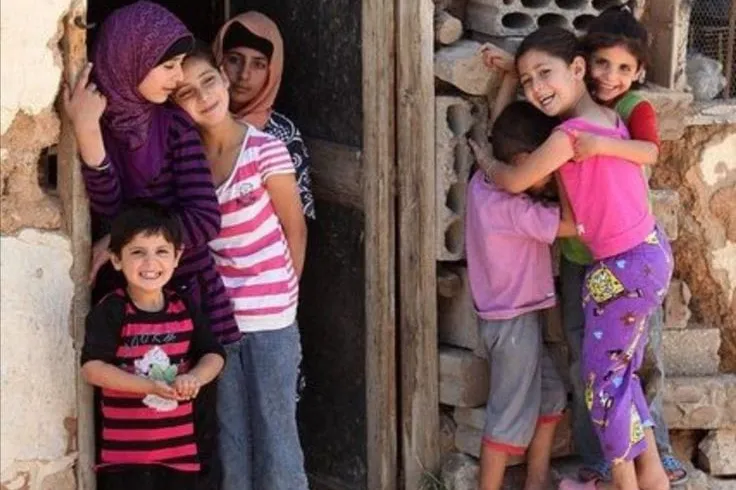شهد عام 2023، مجموعة من الأحداث القاسية والمؤثرة، التي تركت بصماتها الواضحة على الحياة اليومية للناس. كانت الظروف الاقتصادية والسياسية والبيئية هي عناوين هذا العام الصعب، حيث ارتفعت مستويات التوتر والتحديات إلى ذروتها.
تراكمت الأزمات البيئية، مع حدوث كوارث طبيعية متتالية، مما أسفر عن خسائر كبيرة في الممتلكات والأرواح.
كما وانعكست الأحداث السياسية المضطربة في مختلف أنحاء العالم على الاستقرار الاقتصادي، مما أضاف تحديات إضافية للمجتمعات.
سنسرد في هذا المقال حصاد أهم الأحداث التي أثرت على المجتمعات وساهمت بارتفاع معدلات الجوع والبطالة والتشرد واللجوء في مختلف البلدان من العالم.
زلازل مدمرة وأعاصير
ضرب زلزال هو من الأقوى في غضون قرن من الزمن، جنوب شرقي تركيا ومناطق من سورية. بلغت قوته 7,8 درجة وتلته بعد تسع ساعات، زلزال آخر بقوة 7.5 درجات على مقياس ريختر بمنطقة إيكين أوزو بالقربِ من مدينة مرعش.خلف ما لا يقل عن 56 ألف قتيل في تركيا ونحو ستة آلاف في سورية، وأضرارًا مادية جسيمة في كِلا البلدين.
في 8 سبتمبر، اهتزّ المغرب بزلزال ضخم قوته 7 ريختر، أسقط 2680 قتيلا، وبلغ عدد الجرحى 25621، بجانب انهيار مبانٍ وتضرّر مناطق أثريّة، وامتدّت آثاره من قرى جبلية في مدينة مراكش القديمة حتى ساحل المغرب الشمالي
بعد زلزال المغرب بيومين، عصف بشرق ليبيا إعصار "دانيال"، في 10 سبتمبر، الذي اجتاح مدينتي درنة والبيضاء، وجرف آلاف الأشخاص بمياه الفيضانات الغزيرة التي تسبَّب فيها، خاصَّة بعد انهيار عدة سدود أمامه، وانتهى بمقتل أكثر من 3800 شخص، وإصابة آلاف آخرين، بخلاف 10 آلاف مفقود، بعضهم يُعتقد أنَّهم جثث ما زالت في البحر، ومحا البنية التحتية لعدة أحياء.
حروب وصراعات
حرب السودان
وتدور في السودان حرب دموية منذ أبريل/ نيسان الماضي بين الجيش وقوات الدعم السريع،(جماعات مسلّحة كانت تعمل تحت إمرة الجيش) أدت إلى مقتل أكثر من 12 ألف شخص وتشريد نحو 7 ملايين من منازلهم، بالإضافة إلى دمار هائل في البنية التحتية، وخسائر مادية بـ60 مليار دولار. بحسب إحصاءات الأمم المتحدة
وألحق القتال أضرارا هائلة في البنية التحتية والمرافق العامة؛ ما عطَّل خدمات أساسية، خاصّة في القطاع الصحي، وسط انتشار واسع للوبائيات، مثل الملاريا وحمَّى الضنك.
وخرجت نحو 70 بالمئة من المستشفيات عن الخدمة، كما تعاني مستشفيات من نقص حاد في شرائح فحص الفيروسات، ما أدّى لوقف التبرّع بالدّم في بعضها، رغم حاجة مرضى الحوادث وإصابات الحرب وبعض الأمراض إليه.
وتوفّي المئات من المصابين بالأمراض المزمنة، مثل الكُلى والسكري وغيرهما، بسبب نقص حاد في الرعاية الطبية والأدوية المُنقذة للحياة.
وقالت منظمة الأمم المتحدة لرعاية الطفولة، اليونيسيف إن الحرب في السودان تسببت حتى الآن في نزوح أكثر من 3.5 مليون طفل مع أسرهم، ليصبحوا بلا مأوى، ما يجعلها أسوأ أزمة لتشريد الأطفال في العالم بأسره
حرب غزة
في 7 أكتوبر، تعرّضت إسرائيل لأكبر هجوم بري في تاريخها، نفّذته حركة حماس تحت اسم "طوفان الأقصى"، استهدف مستوطنات قريبة من قطاع غزة، بهدف إجبار الاحتلال على وقف اعتداءاته على الفلسطينيين والمسجد الأقصى، وفق بيان للحركة.
ردت إسرائيل على الهجوم بعملية "السيوف الحديدية"، التي تحوّلت لحرب شعواء على قطاع غزة، لم تستهدف فقط عناصر "حماس"، لكن كل سكان القطاع وبنيته التحتية، بما فيها المستشفيات والمدارس، بأسلحة متقدّمة وآلالاف الأطنان مِن المتفجّرات،
وصل ضحايا الحرب الإسرائيلية حتى الآن 20.057 شهيد و53320 إصابة منذ السابع من أكتوبر/ تشرين الأول الماضي. معظمهم أطفال ونساء، ودماراً هائلاً بالبنية التحتية وكارثة إنسانية غير مسبوقة، وفقا لسلطات القطاع والأمم المتحدة.
أدت الحرب إلى نزوح أكثر من 260 ألف شخص داخل قطاع غزة، بينما لايزال يتواصل القصف الإسرائيلي الكثيف جواً وبراً وبحراً على القطاع، حسبما أعلنت الأمم المتحدة.
عودة التصعيد في ريفي إدلب وحلب:
أعلنت منظمة الدفاع المدني السوري، المعروفة بـ "القبعات البيضاء"، عن تصاعد خطير وممنهج في الهجمات الصاروخية والجوية التي نفذتها قوات النظام السوري وروسيا في شمال غرب سوريا. اندلعت عمليات القصف في نهاية عام 2023، حيث طالت 50 مدينة وبلدة وقرية في ريفي إدلب وحلب. استهدفت هذه العمليات القتالية بشكل مروع الأحياء السكنية، والأسواق، وخيام المهجرين من الزلازل الذي ضرب سوريا من فبراير الماضي، ترك هذا الوضع آثاراً خطيرة على حياة السكان، مع تدمير البنية التحتية وتشريد السكان، مما أضاف تحديات إضافية لمناطق كانت تعاني بالفعل من الزلزال السابق. وثقت القبعات البيضاء خلال هذه الفترة مقتل 46 شخصًا، بينهم 13 طفلاً و9 نساء. كما أصيب 213 آخرون، بينهم 69 طفلاً و41 امرأة.
الاستجابة الطارئة لإنساني:
انطلقت جهود الإغاثة والدعم الإنساني منذ بداية الأحداث الصعبة التي شهدتها عدة مدن حول العالم قامت انساني بإطلاق حملات خيرية مستمرة لتقديم المساعدة الفورية للمتضررين.
بدأت انساني بتقديم الإغاثة الطارئة، حيث نظمت عمليات إيواء وتوفير المأكولات والمياه للنازحين. تمثلت الجهود في تنظيم حملات جمع التبرعات المالية لتأمين الامدادات الضرورية.
قامت المؤسسة بتنظيم فرق عمل ميدانية لضمان توزيع الإغاثة بشكل فعّال وتلبية احتياجات السكان المتضررين. واقامة شركات اتحاد عمل بين المنظمات والجمعيات الخيرية لتوسيع نطاق العمل الخيري.
نظراً لحجم الاحتياج الكبير في قطاع غزة، أطلقت منصة انساني ومؤسسة غزة دستك وملتقى المنظمات التنموية العربية ومنتدى تواصل حملة دولية انسانية بعنوان "غوثك نبضهم" لإغاثة غزة عبر منصات للتمويل الجماعي وبالتعاون مع العديد من المؤسسات الدولية، في خطوة مهمة تهدف إلى توسيع نطاق العمل الخيري نظراً لحجم المأساة التي يعاني منها القطاع، وذلك بهدف إغاثة وإنعاش الحياة في القطاع، وتلبية الاحتياجات الإنسانية والتخفيف من معاناة المتضررين من العدوان. تجسد هذه الاستجابة السريعة والشاملة التزامنا بمساعدة المتضررين والمحتاجين في ظل الظروف الصعبة، وتعكس التضافر الجماعي للمؤسسة للتخفيف من الآثار السلبية لتلك الأحداث المأساوية.











-white.svg)